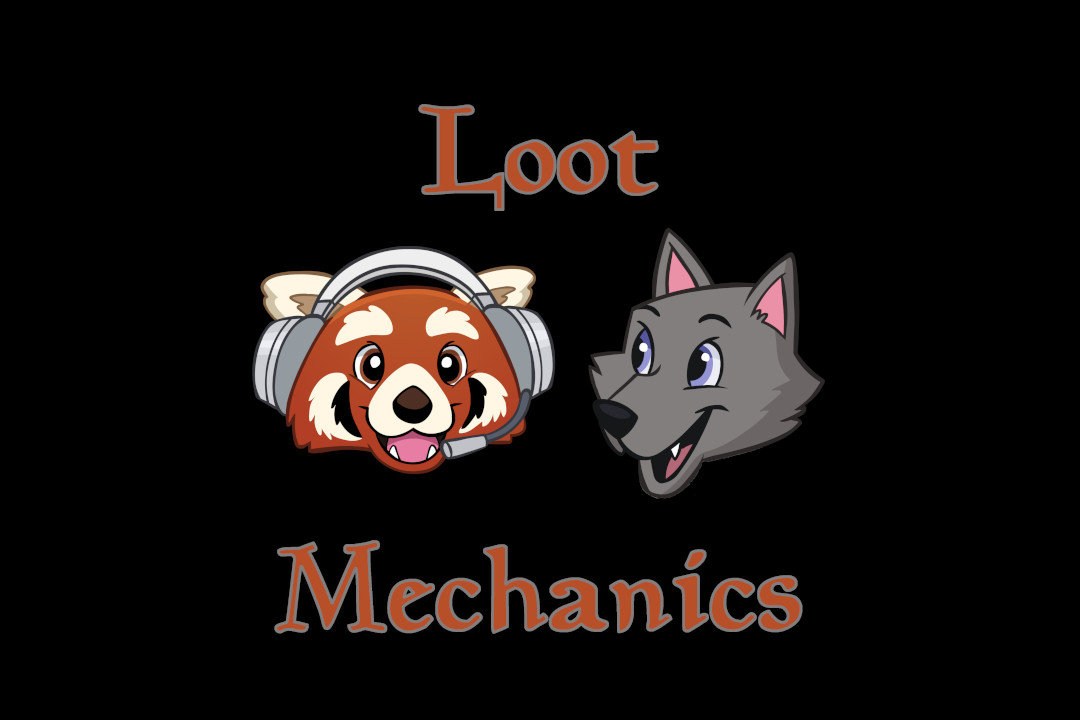So, what does it mean to “win” as a GameMaster in a tabletop roleplaying game (TTRPG), like “Dungeons & Dragons”?
Frankly, you don’t. But at the same time, you should always win… No, I’m not having a stroke. That will make sense shortly, I promise!
Look, I’ve said it many times before: Everyone at the table should be having fun, players and GameMaster alike. The thing is, for many people, they feel they can’t have fun, unless they ‘win’. When these folks are playing the game, that’s fine. But when these folks are the GameMaster… that’s a bit of a problem.
The issue here is, what should be the “win state” for a GameMaster? That really is dependent on what is expected of a GM in the first place.
Look, TTRPGs aren’t like normal games. They aren’t intended to be competitive, not in any normal sense, anyway. The GM creates situations and puzzles, and the Players try to work their way through them. Sometimes the players manage to succeed, sometimes they don’t. Sometimes the players focus on combat to overcome the GM obstacles, other times they use cunning and guile.
But in the end, most of the time anyway, the players are supposed to win. That isn’t to say it should not be challenging, but they should usually come out on top, most of the time. So where is this supposed to be fun for the GM, then?
Look at it this way: The GM is just another Player at the table, but in a different role. Their ‘win state’ is focused not on defeating the Players at the table, but on giving them challenging experiences, and keeping things fun for them.
And yes, this means that the Players are supposed to win, in the end, most of the time. This means that the GM is supposed to tweak their adventures as needed, to ensure that the Players have fun. Which means that sometimes the GM will have to tweak their rolls, to keep from killing their players’ characters (unless it is a dramatically-appropriate death, which is Awesome, and lends to further fun for all at the table). Or dumbing down their puzzles. Maybe adjusting their combat encounters, so that they aren’t so deadly.
I like to think of it this way: Running an adventure is a puzzle in itself, a puzzle that I have to solve, in order for my Players to have fun. If they don’t have a great time, then I have failed, as a GM. It is really easy to play as a Competitive GameMaster, who always tries to ‘beat’ their Players, and can’t have fun unless they win that adventure. It is also really easy to be a Hardline GM, someone who runs their adventure and game exactly as it was written, with no tweaks, leaving the fate (and fun) of the players to the whim of the dice.
There is nothing wrong with writing a cool adventure, and wanting to run your players through it, hoping they have a good time in the end. There is also nothing wrong with being a little competitive with your GMing, pitting yourself against your players, to see if they can outwit you. But here’s the thing: That can’t be the only way you have fun at the table.
In the end, your role as GM is to run a fun game for the players, and as such, you should measure your ‘win state’ as how much fun your players had. If you run a fun game, even if the players failed and all of their characters died, they will still walk away feeling good about the game, and how you did as a GM. But if your players are always stymied by your adventures, or always feel that the adventure is a battle between the GM and themselves, they will eventually stop showing up.
How much fun is it, if you drive all of your players away?
This is why I say that GMs need to adjust how they see their ‘win state’. Rather than look at the game as a competitive battle, or a mass of puzzles and situations which are run exactly as written, the goal or the game should always be for the players to have fun. Always. There should always be the opportunity for combat, for puzzles, for social interaction, and let the Players take the course they prefer, in order to work their way through to the end of the session.
If that means the masterfully-crafted adventure you wrote needs to be dumbed down, or some obvious hints must be dropped, in order for the Players to get through, fine. Did they have fun? Great, you succeeded. Have a cookie.
If that means the players side-step around awesome battle you set up, completely avoiding any combat whatsoever in the session, but still solving the problem in the end, fine. Did they have fun? Great, you succeeded. Have a cookie.
If your players are struggling through the adventure, the victims of overly-difficult challenges, or bad dice rolls, and you have to ‘cheat a bit’, in order for their characters to come through in the end, fine. Did they have fun? Great, you succeeded. Have a cookie.
Do you sense a bit of a pattern here? Good. Now give me one of those cookies.


